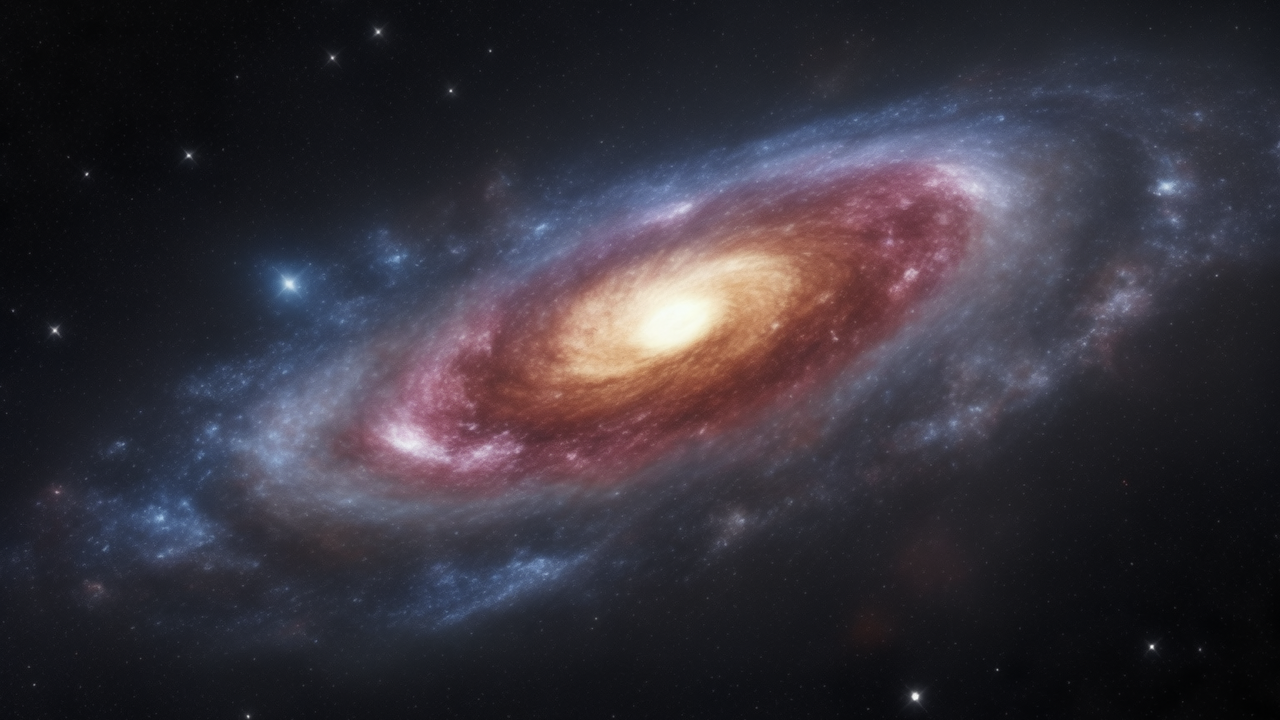An international team led by the University of Cambridge discovered this ancient galaxy when the Universe was only 700 million years old. The object, called a “dead” galaxy due to its lack of ongoing star formation, defies expectations for such an early cosmic epoch. Typically, galaxies in the young Universe are known for their intense star formation activity.
The mystery deepens as the reason for such a rapid “shutdown” remains unclear. Did a supermassive black hole extract necessary gas from the galaxy, depriving it of star-forming material? Or did the gas run out too quickly and there was no fuel left for further star formation?
“The early Universe seems to have worked faster,” explains Francesco D’Eugenio, one of the study’s authors. “This involves a sudden transition from star formation to stagnation in galaxies, which may require revisions to models based solely on the present-day Universe.”
Although it is not the first “dead” galaxy discovered in the early universe, it is the oldest galaxy observed, only 700 million years after the Big Bang. Interestingly, despite its current dormant state, there remains a possibility that this ancient galaxy may have restarted star formation.
Source: Ferra
I am a professional journalist and content creator with extensive experience writing for news websites. I currently work as an author at Gadget Onus, where I specialize in covering hot news topics. My written pieces have been published on some of the biggest media outlets around the world, including The Guardian and BBC News.












